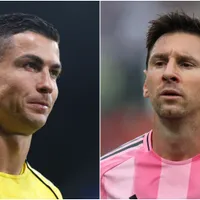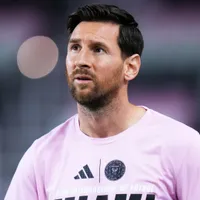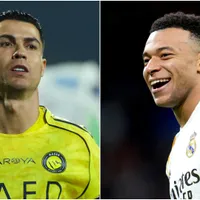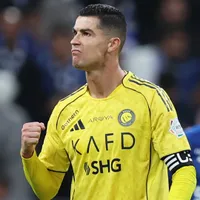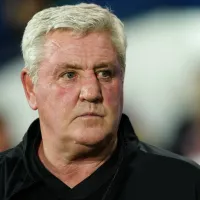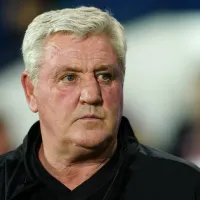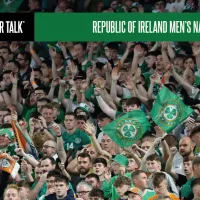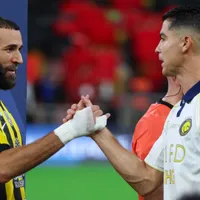Wrexham owners Ryan Reynolds and Rob McElhenney initially considered investing in a League of Ireland club or a side in Scotland. Ultimately, the team and atmosphere at Wrexham persuaded them to Wales.
The Hollywood star duo has co-owned the Welsh club since 2020, overseeing the club’s long-awaited promotion to League Two. Known for their hands-on ownership at the Racecourse Ground, they have experienced a remarkable three years in North Wales.
Many expected a challenge out of sustaining the club’s momentum. For example, Paul Mullin suffered an untimely injury over the summer. In the 2023-24 season, Phil Parkinson’s team initially struggled to address defensive vulnerabilities.
Wrexham remains involved in intense fourth-tier fixtures, with each game filled with heart-stopping moments. Their ability to persevere when necessary has placed them in third place in the league after 15 matches. This position will yield automatic promotion if Wrexham maintains or improves its current standing.
Things could have turned out different
The club boasts a notable Irish influence, with players like Eoghan O’Connell, Anthony Forde, Thomas O’Connor, and Liam McAlinden in the squad, contributing to the club’s return to the EFL.
In the summer, the Irish contingent expanded further with the signing of James McClean, a senior Republic of Ireland international. However, it’s worth noting that if Rob McElhenney had his way, given his Irish roots, he and Reynolds might have pursued a direct interest in the Irish or Scottish league themselves.
Fate led the internationally acclaimed actors to choose Wrexham. Still, McElhenney initially had a desire to purchase a team in either Ireland or Scotland rather than Wrexham. At the suggestion of the future Dragons executive director, Humphrey Ker, they seriously considered the possibility of investing in Arbroath.
Humphrey Ker, the executive director of Wrexham, discussed Reynolds and McElhenney’s earlier interest in Arbroath. Ker spoke during an appearance on the BBC Scotland’s “Sacked in the Morning” podcast.
“So right at the jump, Rob [McElhenney] said, well, what about a club in Ireland? Because his family are from Ireland, or from Northern Ireland, or from Scotland. And I’m afraid to say that I was a bit of a party pooper on that because my feeling was the ceiling in the English game is that much further away.
“My flatmate from university was a Red Lichties fan, so I have to go to Arbroath for my Scottish football club of choice. So ultimately, I said, if you went to Arbroath and we injected money and built that team and you got into the Premiership pretty quickly, you would then run up against Celtic and Rangers.”
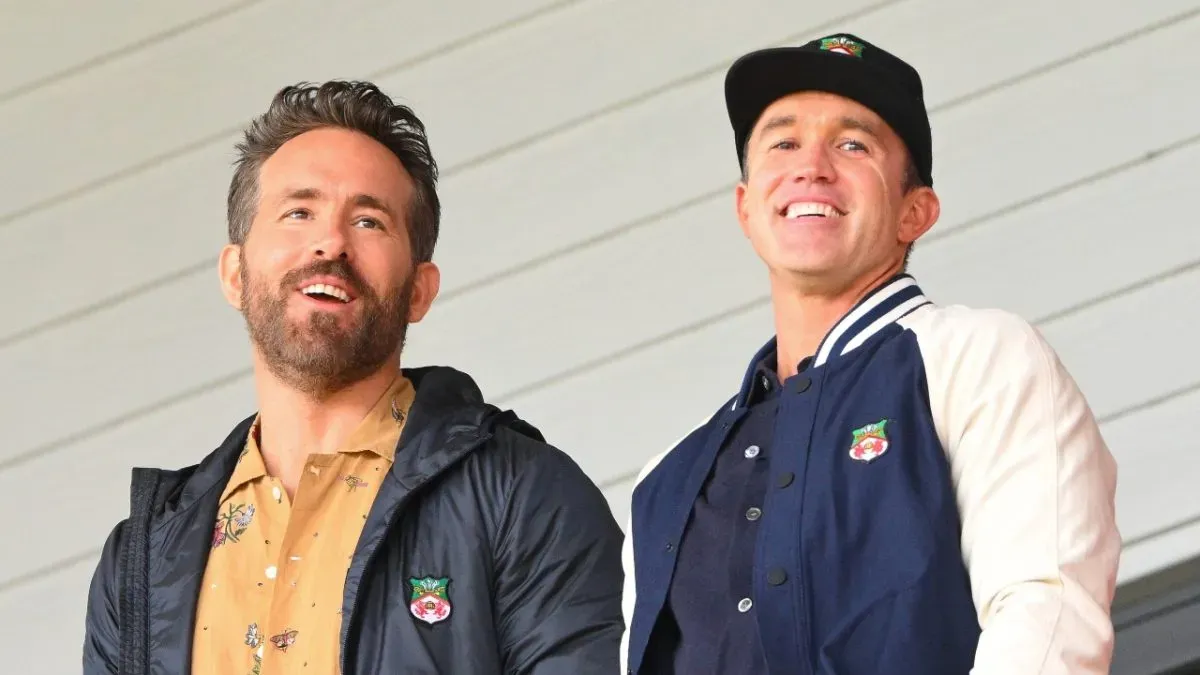
Wrexham has been massively successful under the American owners’ stewardship.
Not everyone would be receptive to similar takeover
The Wrexham-style takeover of a club might not be universally embraced. However, it raises the intriguing question of how many potential investors could have been discouraged by such an arrangement.
It’s important to note that these concerns aren’t necessarily specific to Scotland. In smaller countries, there are fewer teams and limited opportunities for upward mobility. Wrexham earned promotion to the English fourth tier last season, and it may earn promotion again this year.
“[When] I lived in Edinburgh, I used to go to Hearts games,” Ker continued. “There was that period where all the Lithuanian players came over and it was like it would be a genuine challenger to that big two in Glasgow.
“[But] the speed at which you would get from Arbroath now to a sort of mid-table Scottish Premiership team would be quite quick. And then you would have this problem where you just get hammered all the time by the big boys there.
“It would just be tricky. And to take Ireland, for an example. If you go with Dundalk or someone like that, very quickly you would become the unassailable champions of the League of Ireland.
“And then what do you do? You go into the Champions League and get battered in the Champions League by a Greek team and then that’s sort of the cycle year on year. So, ultimately, we were like, we’ve got to do England or the English system.”
PHOTOS: IMAGO.

